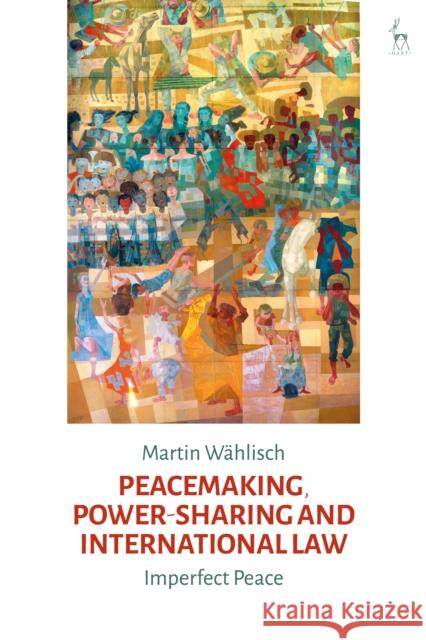Peacemaking, Power-Sharing and International Law: Imperfect Peace » książka
topmenu
Peacemaking, Power-Sharing and International Law: Imperfect Peace
ISBN-13: 9781509914258 / Angielski / Twarda / 2019 / 248 str.
Peacemaking, Power-Sharing and International Law: Imperfect Peace
ISBN-13: 9781509914258 / Angielski / Twarda / 2019 / 248 str.
cena 440,90 zł
(netto: 419,90 VAT: 5%)
Najniższa cena z 30 dni: 428,18 zł
(netto: 419,90 VAT: 5%)
Najniższa cena z 30 dni: 428,18 zł
Termin realizacji zamówienia:
ok. 22 dni roboczych.
ok. 22 dni roboczych.
Darmowa dostawa!
Kategorie:
Kategorie BISAC:
Wydawca:
Hart Publishing
Język:
Angielski
ISBN-13:
9781509914258
Rok wydania:
2019
Ilość stron:
248
Waga:
0.52 kg
Wymiary:
23.62 x 16.26 x 2.29
Oprawa:
Twarda
Wolumenów:
01
Dodatkowe informacje:
Obwoluta











